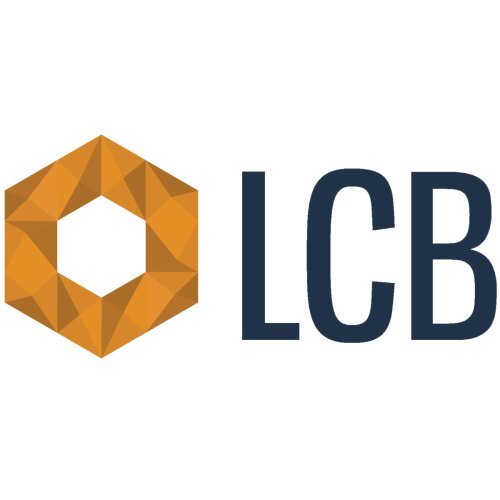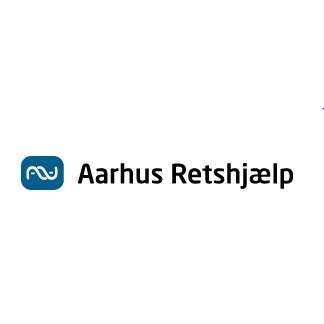Best Immigration Lawyers in Denmark
Share your needs with us, get contacted by law firms.
Free. Takes 2 min.
Or refine your search by selecting a city:
List of the best lawyers in Denmark
About Immigration Law in Denmark
Immigration law in Denmark encompasses the rules and regulations that govern the entry, residence, and work of foreign nationals in the country. The Danish Immigration Service and the Danish Agency for International Recruitment and Integration (SIRI) are the primary bodies responsible for enforcing immigration laws. These laws cover various permits and visas, family reunification, asylum, and citizenship. They aim to balance Denmark's demographic needs with the rights of individuals seeking to enter the country for various purposes, including work, study, tourism, and seeking refuge.
Why You May Need a Lawyer
Engaging a lawyer specializing in immigration might be necessary in many situations. Common scenarios include navigating complex visa applications, handling residence permit renewals, addressing issues of deportation or legal detention, and family reunification disputes. A lawyer can provide expert guidance, ensuring that all legal requirements are met and increasing your chances of a successful outcome. Additionally, immigrants facing difficulties with language barriers or understanding the Danish legal system often benefit from professional legal assistance.
Local Laws Overview
Key aspects of Danish immigration laws include the requirement for specific visas for non-EU nationals, rules governing family reunification, asylum processing procedures, and the criteria for acquiring permanent residency and citizenship. Denmark has a strict immigration process, with detailed requirements that applicants must satisfy to enter and remain in the country legally. The laws are subject to change, often reflecting political and social shifts, which can affect things like quota numbers for migrants and integration policies.
Frequently Asked Questions
What types of visas are available for entering Denmark?
There are several visa types, including short-stay Schengen visas, work visas, study visas, and family reunification visas. Each has specific eligibility criteria and application processes.
What are the requirements for a work visa in Denmark?
A work visa generally requires a job offer from a Danish employer and meeting certain qualifications. Sometimes, the employer must demonstrate that they cannot find a qualified candidate within the EU/EEA.
How can I apply for asylum in Denmark?
Individuals can apply for asylum by presenting themselves to the police at the border or at an asylum center. Their case will then be reviewed by the Danish Immigration Service.
Can I bring my family to Denmark?
Family reunification is possible, but strict requirements must be met, such as proving financial stability, adequate housing, and sometimes language proficiency.
How can I become a Danish citizen?
To apply for citizenship, you generally need continuous residence in Denmark for a number of years, demonstrate language proficiency, and pass a citizenship test, among other criteria.
What is the Green Card scheme?
The Green Card scheme was a point-based system for obtaining a residence permit for work purposes. However, it was abolished in 2016 and is no longer available.
What happens if my visa application is denied?
If your visa application is denied, you can appeal the decision within a specific timeframe or reapply after addressing the reasons for denial.
How do I renew a residence permit in Denmark?
To renew a residence permit, you must apply before the current permit expires and meet the renewal criteria, which can vary based on the type of permit.
Is it possible to study in Denmark as an international student?
Yes, international students can study in Denmark but require a residence permit for studies, and they must be enrolled in a recognized educational institution.
What is the Integration Program in Denmark?
The Integration Program aims to assist new immigrants in learning the Danish language, understanding Danish culture, and preparing for employment within the country.
Additional Resources
The Danish Immigration Service and the Danish Agency for International Recruitment and Integration are essential resources for official information and processing applications. Counseling centers and nonprofits like Danish Refugee Council can provide support and guidance. The websites of the Ministry of Immigration and Integration offer updates on policy changes and additional information on legal requirements.
Next Steps
If you need legal assistance related to immigration in Denmark, consider contacting a lawyer who specializes in Danish immigration law. You can start by researching local law firms with a good reputation in immigration cases. It may also be beneficial to reach out to immigrant support organizations for preliminary guidance. Prepare any necessary documents and details related to your immigration situation to ensure a productive consultation with your legal advisor.
Lawzana helps you find the best lawyers and law firms in Denmark through a curated and pre-screened list of qualified legal professionals. Our platform offers rankings and detailed profiles of attorneys and law firms, allowing you to compare based on practice areas, including Immigration, experience, and client feedback.
Each profile includes a description of the firm's areas of practice, client reviews, team members and partners, year of establishment, spoken languages, office locations, contact information, social media presence, and any published articles or resources. Most firms on our platform speak English and are experienced in both local and international legal matters.
Get a quote from top-rated law firms in Denmark — quickly, securely, and without unnecessary hassle.
Disclaimer:
The information provided on this page is for general informational purposes only and does not constitute legal advice. While we strive to ensure the accuracy and relevance of the content, legal information may change over time, and interpretations of the law can vary. You should always consult with a qualified legal professional for advice specific to your situation.
We disclaim all liability for actions taken or not taken based on the content of this page. If you believe any information is incorrect or outdated, please contact us, and we will review and update it where appropriate.
Browse immigration law firms by service in Denmark
Denmark Attorneys in related practice areas.
Browse immigration law firms by city in Denmark
Refine your search by selecting a city.















